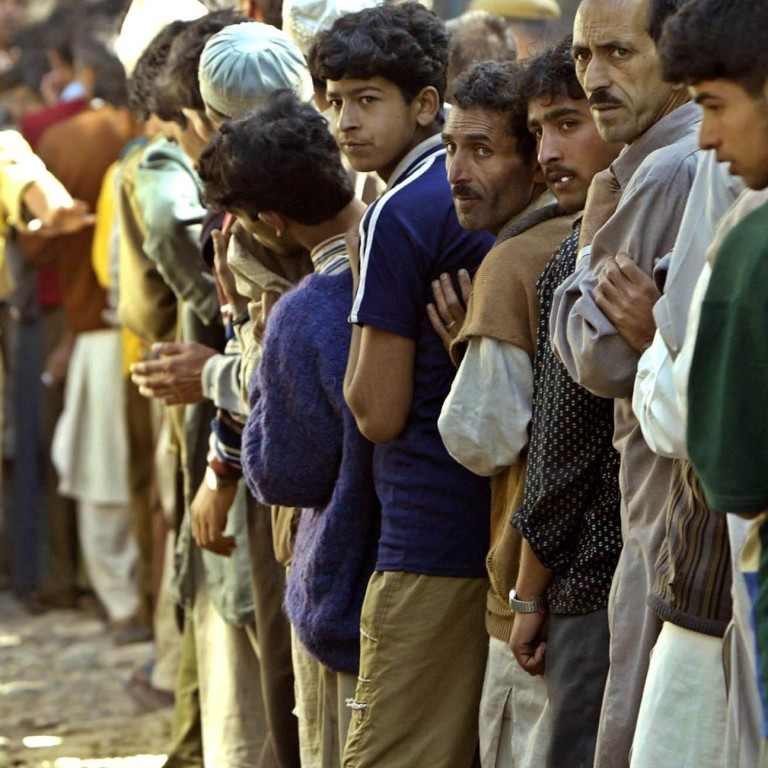
By land, air, sea or elephant: 1 billion people across India, Indonesia and Australia prepare to vote by any means
- Indonesia is made up entirely of islands, India has 1 million voting stations to disperse and Australia has to get to extremely remote communities. But officials in all three have a plan to include everyone in the democratic process
Robby, a 30-year-old farmer from a village in a forest south of Kalimantan, will walk three hours each way to vote, staying back afterwards to make sure the votes are counted before heading home.
“It’s far, but it’s worth it,” said Robby, who hails from Juhu village, in Hulu Sungai Tengah regency. “Without a representative, we have no guarantee our voices will be heard.”
His village, as well as surrounding indigenous communities, do not have their own polling stations – a logistical challenge that comes with capturing millions of people’s votes across a country made up of thousands of islands.
Officials across all three countries are stopping at almost nothing to make sure as many voting-age citizens as possible have their say at the looming polls; some sending voting material up to the highest peaks by helicopter, across seas by ship, into rainforests and to remote temples by elephant. Fines for not voting are also being used to boost voter participation.
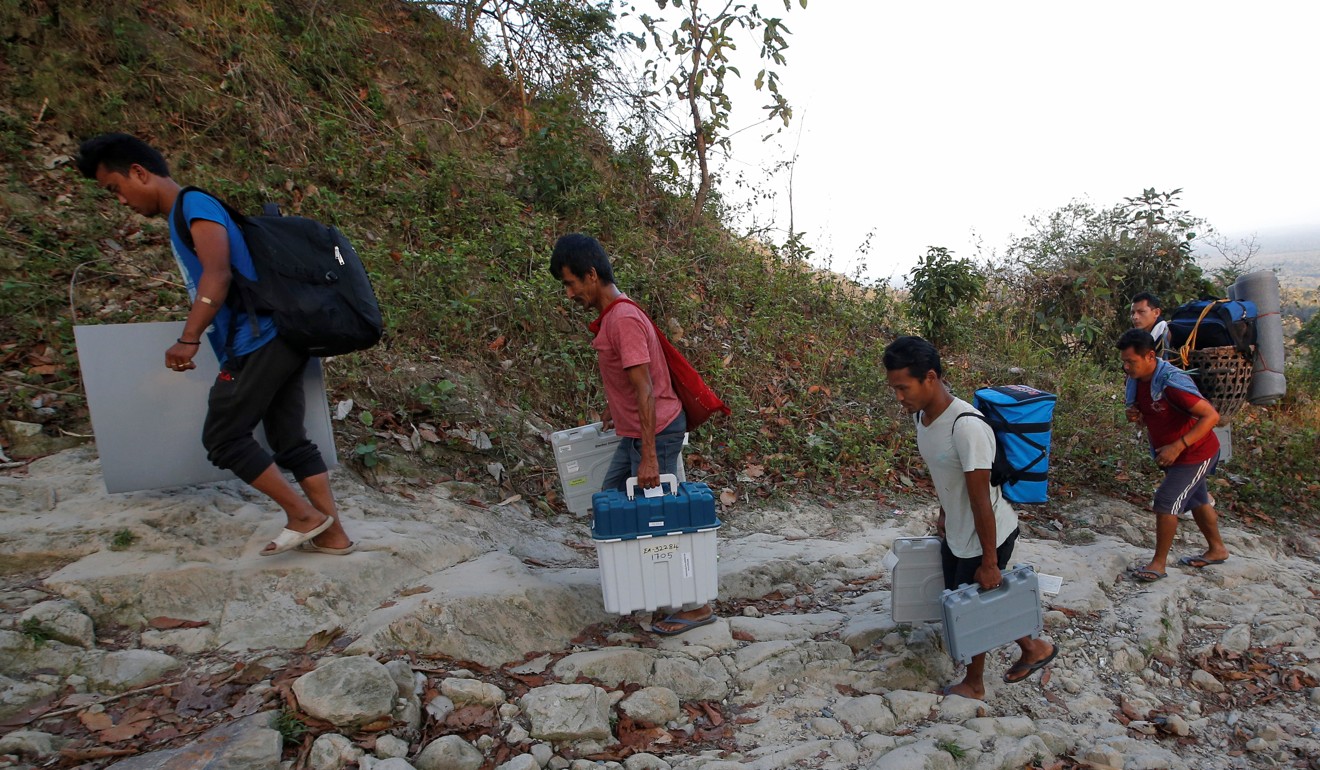
INDIA
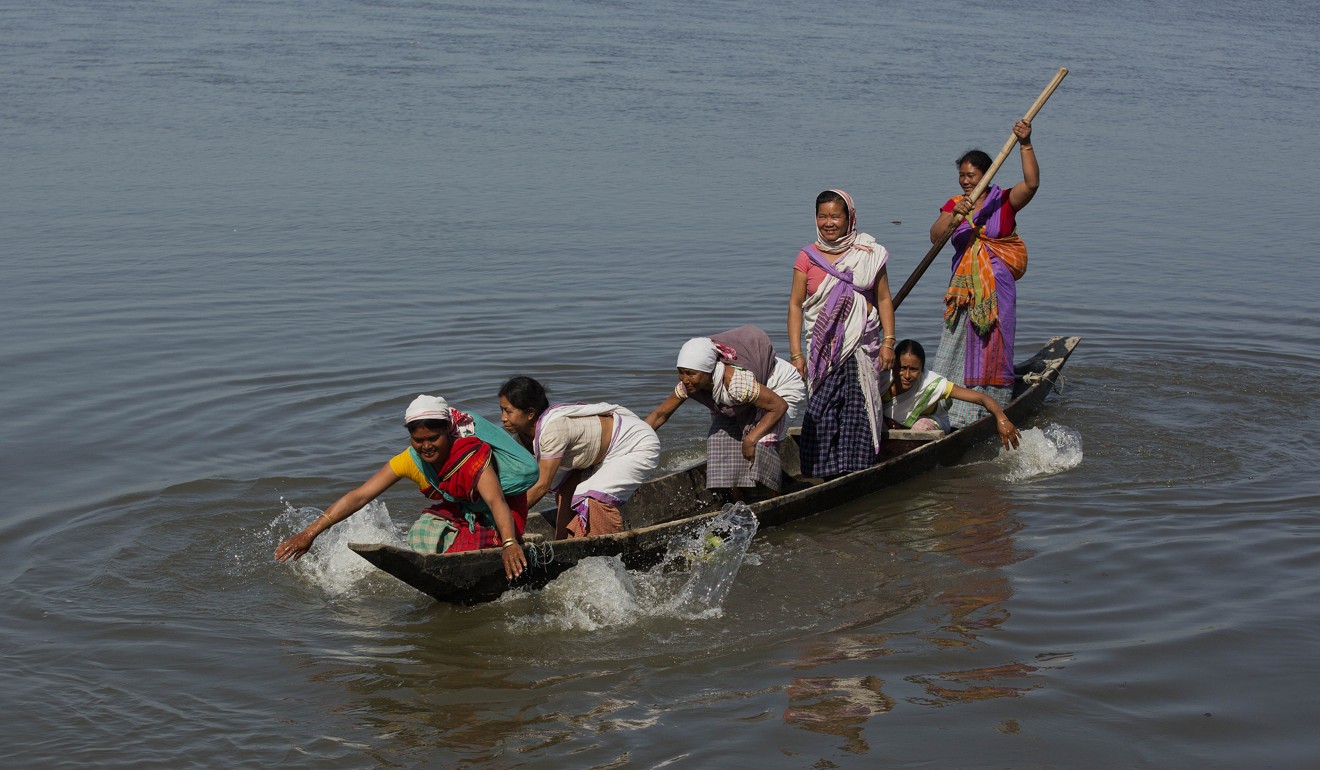
“Since democracy implies participatory governance, an election, in order to be inclusive, must cover all categories of the population and ensure all measures [are taken] to enable every eligible voter to vote,” said former chief election commissioner SY Quraishi in his 2014 book about the election system, titled Undocumented Wonder.
Quraishi describes contests won and lost on the basis of a single vote, and a family carrying their 92-year-old grandfather to the polls to ensure he would not miss out.
As India’s mega election begins, caste-based parties threaten to upset Modi’s apple cart
He recalls how India’s election commission has for the last 30 years sent a polling party to the single inhabitant of the Banej Temple, deep in the forests of western Gujarat. Election eve is the only night when 59-year-old Guru Bharat Das has overnight guests.
Other drastic measures taken by election officials include elephants carrying battery-powered ballot boxes into difficult-to-access terrain. The ballot papers themselves feature an associated image for each party, like a flower, for the illiterate voters.
An election, in order to be inclusive, must cover all categories of the population and ensure all measures to enable every eligible voter to vote.
More widely, Indian female voter turnout is expected to exceed male for the first time in this year’s Lok Sabha, after women voters surpassed men at last year’s assembly by-elections, according to Prannoy Roy and Dorab Sopariwala, authors of Verdict, a book about India’s election system.
But Roy and Sopariwala estimate there are still 21 million women left out of national electoral rolls, mostly in North India.
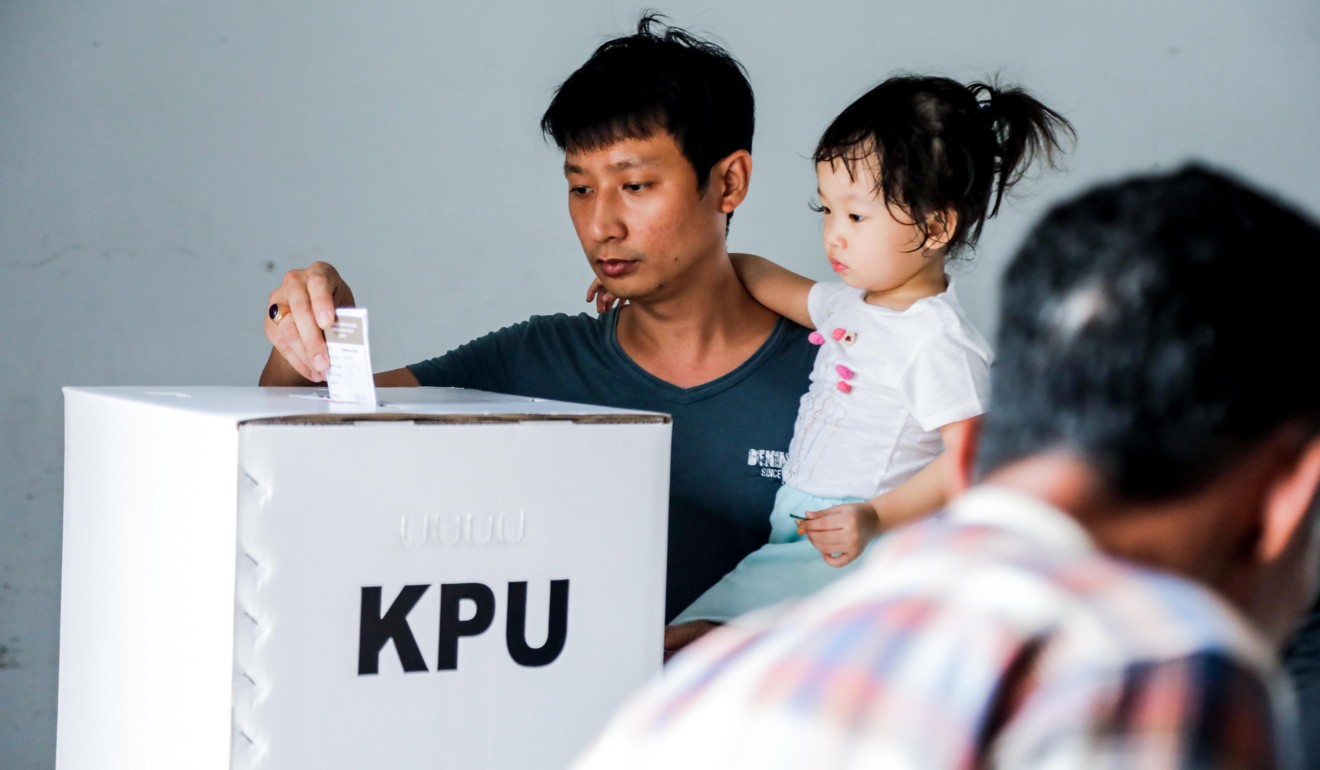
INDONESIA
Every election, the General Election Commission rents a vessel from the navy to distribute ballot papers to the island, she said.
“They can’t ask us to go to other islands, it would be crazy to demand that of us,” said Rani, who will go with her neighbours to their village hall to weigh in on the national contest between President Joko Widodo, popularly known as Jokowi, and challenger Prabowo Subianto.
“Our voice can hardly be heard by those in power. But during the election, we and our votes become priceless. Through it, we feel we are part of something bigger, called Indonesia.”
One man, one vote does not reflect the distinctiveness, needs and demands of the indigenous community.
Though Indonesia has a one-person-one-vote policy, exceptions are made for communities on Papua to vote collectively through the noken system – either by all delegating their vote to the headman, or by prearranged consensus.
Erasmus Cahyadi, deputy to the secretary general on political affairs for the Indigenous Peoples’ Alliance of the Archipelago, said the 2009 policy change to accept noken has brought significant improvement.
The appeal of Joko Widodo – Indonesian president, rock-loving everyman and giver of bicycles
“One man, one vote does not reflect the distinctiveness, needs and demands of the indigenous community,” he said.
During local elections in Papua last year, three people were killed when suspected separatists opened fire on boats carrying voters.
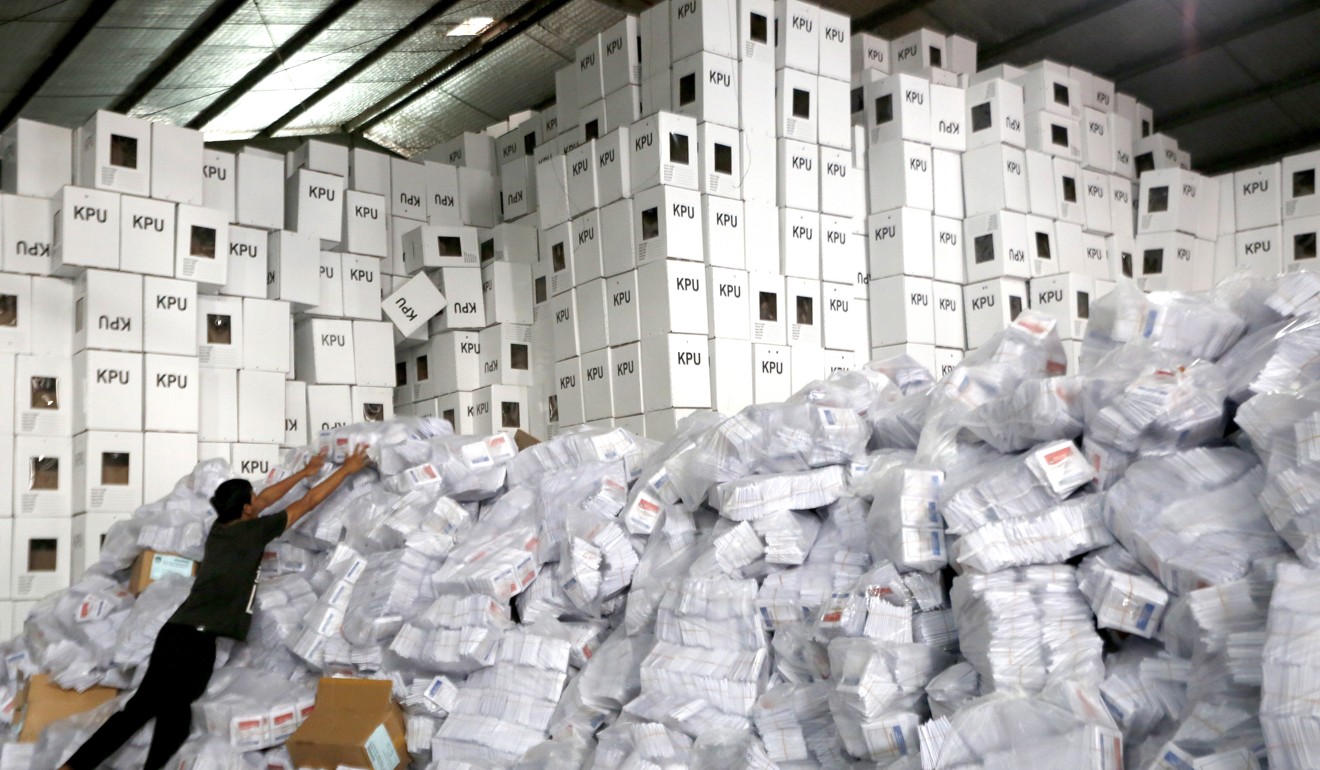
Indonesia counts more than 17,000 islands among its archipelago, and regions like Papua and northern Sumatra’s Aceh province have fought against being included as part of the nation.
The contest between Jokowi and Prabowo, a rematch of the 2014 presidential election, has left some voters feeling like they are choosing between two bad options – and there is a growing golput (spoiling a ballot in protest) movement online, calling for voters to abstain or submit blank ballots.
The election is also plagued by misinformation online, with reports circulating on social media that pre-filled ballots would be brought in by boat from China to sway the election.

AUSTRALIA
Australian citizens are required by law to vote – and fined A$20 (US$14.30) if they skip out. To entice voters to exercise their civic duty, some local election commissions offer cake and grilled sausages at the polls.
Bill Shorten could be Australia’s next prime minister. He once described Trump as ‘barking mad’
The combination of barbecues and legal requirement has contributed to voter participation of 90 per cent in recent federal elections, according to the Australian Election Commission (AEC).
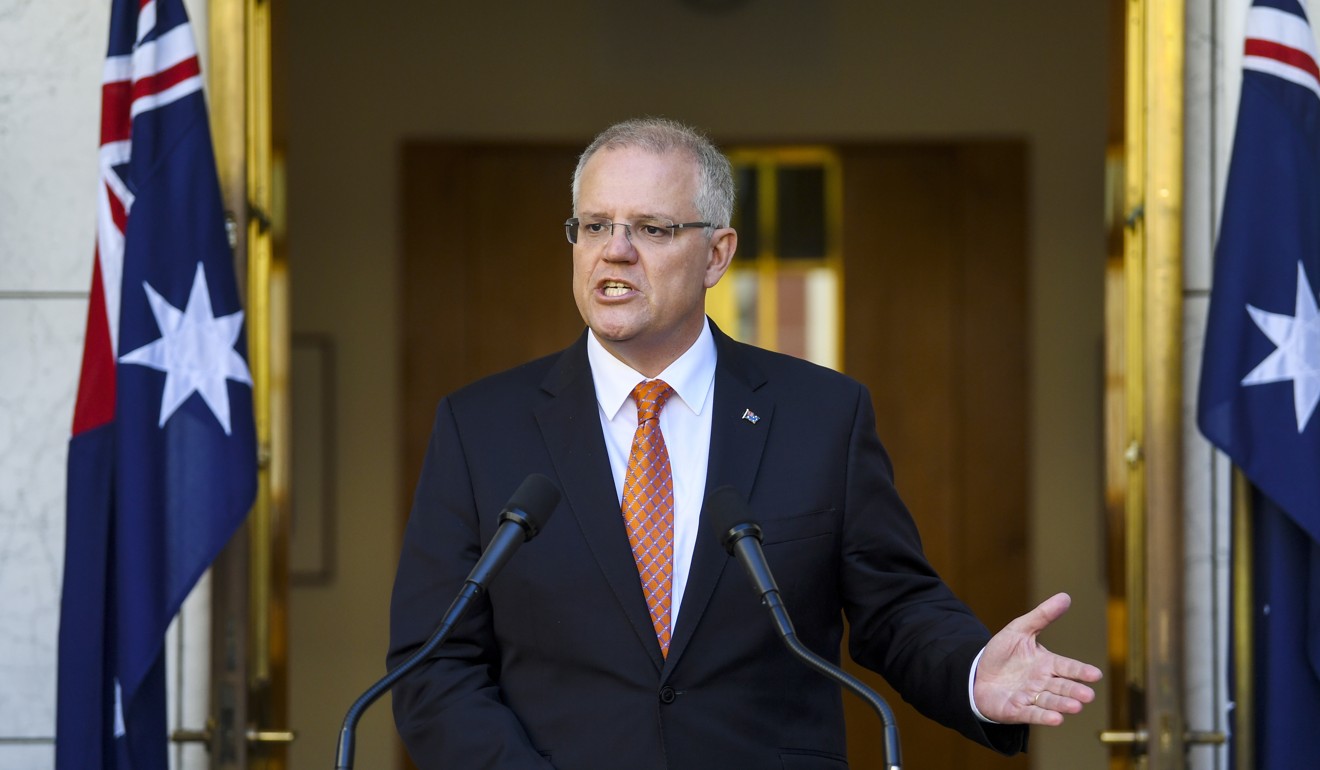
The election commission’s mandate is that no voter should be more than 8km from their polling station. To achieve this, they will deploy 560 mobile voting teams to more than 3,000 locations, including 400 remote locations such as mining sites.
Although voters can apply to vote by internet at designated locations in state elections, there are no provisions for this in the federal election, said a representative of the AEC.
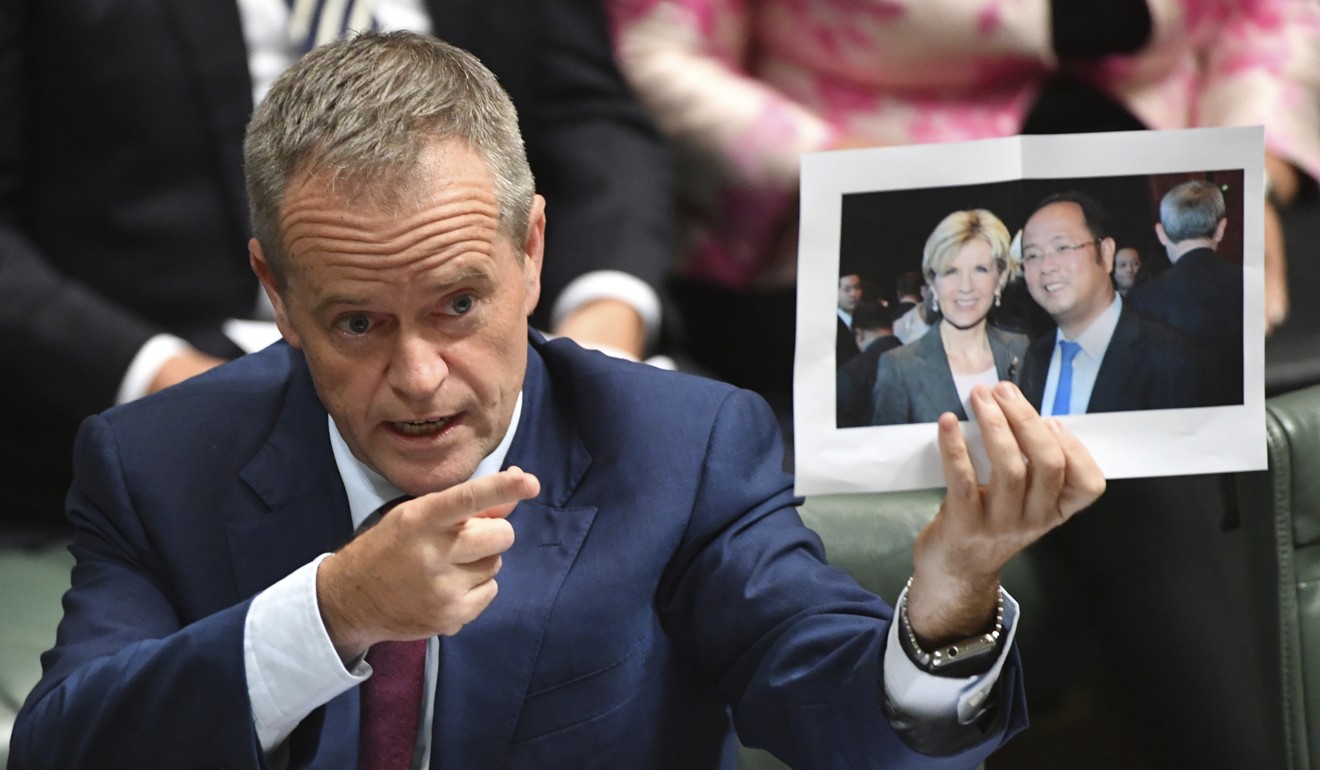
The AEC announces upcoming remote polling visits via local radio, television and in newspapers to get the word out.
No constituency is too small, and the AEC sends polling parties even to communities of 23 voters in the Northern Territory, or 39 voters in Western Australia, where election officials have even occasionally sent ballot papers in by helicopter.
Additional reporting by Andre Barahamin
Connect with us on Twitter.

